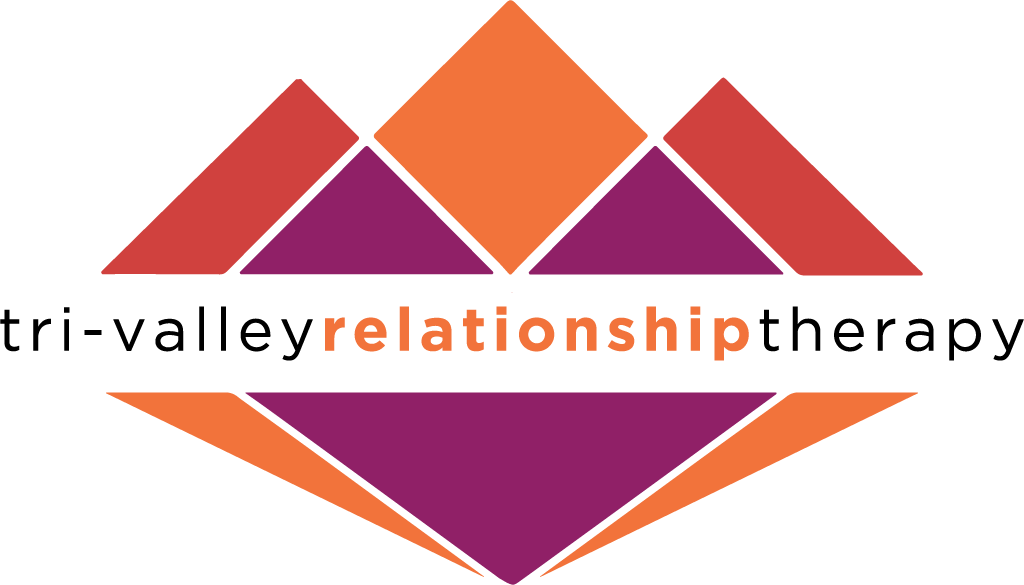Myths About Polyamory Debunked
Tri-Valley Relationship Therapy, Inc. in Dublin & Oakland offers poly-friendly individual and couples therapy to people residing in the East Bay, South Bay & Central Valley.
The concept of conscious and ethical non-monogamy has been a part of our civilization for a very long time. The word polyamory or the state of being in love or romantically involved with more than one person at the same time has come to represent a social movement that has become more prominent in the last few decades. Despite the fact that the paradigm of polyamory has been around for centuries, several myths about the polyamorous lifestyle continue to dominate the social dialogue.
Myth 1: Polyamory is the best treatment for infidelity.
Committing infidelity and choosing a polyamorous lifestyle are not related to each other in any way. Couples experiencing the trauma of infidelity in their relationship often wonder if opening up the relationship and establishing boundaries would prevent infidelity in the future. There are many different reasons why people in committed relationships cheat on their partners and polyamory is not a fix because people that choose to love many people at the same time do so for completely different reasons. Also, being polyamorous does not guarantee absolute fidelity. Plenty of polyamorous people cheat on their partners.
Myth 2: Being poly = being kinky
Being kinky is a sexual practice which has no correlation with relationship styles such as polyamory or monogamy. Plenty of monogamous people, who may or may not be in relationships, enjoy kinky sexual practices, just as many polyamorous people find vanilla sex more appealing.
Myth 3: Anyone can become polyamorous.
Recent psychological and sociological research is starting to uncover the idea that polyamory and monogamy could be a matter of sexual orientation similar to being straight or gay, as opposed to being a lifestyle choice. Many people in polyamorous relationships identify as poly-leaning or obligate poly. If poly leaning vs. mono leaning are indeed different points on the spectrum of sexual orientation, monogamy and polyamory are probably hard-wired and cannot be changed.
Myth 4: Polyamorous people are sex addicts.
Unfortunately, this myth is very dominant in the social discourse around polyamory. Sexual addiction is compulsive sexual behavior engaged in for purposes other than sexual fulfillment such as to alleviate anxiety or bolster self-esteem. Polyamory is a relationship style; consciously, deliberately and ethically chosen and practiced for no other reason, than to experience love, romance or sexual connection with more than one person at the same time.
Myth 5: Polyamorous people are honest & enlightened.
This is similar to the first myth that polyamorous people do not cheat. Being honest, forthcoming or enlightened is not determined by sexual orientation or relationship style. Many monogamous people are progressive, enlightened, honest and compassionate and plenty of polyamorous people are dishonest and inconsiderate.
Written by: Nagma V. Clark, Ph.D., L.P.C.C. specializing in sex therapy, couples therapy & marriage counseling, premarital counseling, individual relationship therapy & LGBTQQI couples counseling at Tri-Valley Relationship Therapy, Inc. in the East Bay, in Dublin & Oakland.
Tri-Valley Relationship Therapy, Inc. is a queer friendly & trans informed practice. Poly-friendly counseling is offered to individuals & couples residing all over the East Bay, South Bay & Central Valley. Dr. Clark is especially trained in working with couples and individuals around different relationship styles such as polyamory, and sexual practices such as kink, BDSM, fetishes.
Call 925-400-3541 or email doctor.nvclark@gmail.com to schedule a free 30 minute phone consult or fill out the contact form and you will be contacted within 12-24 hours.

